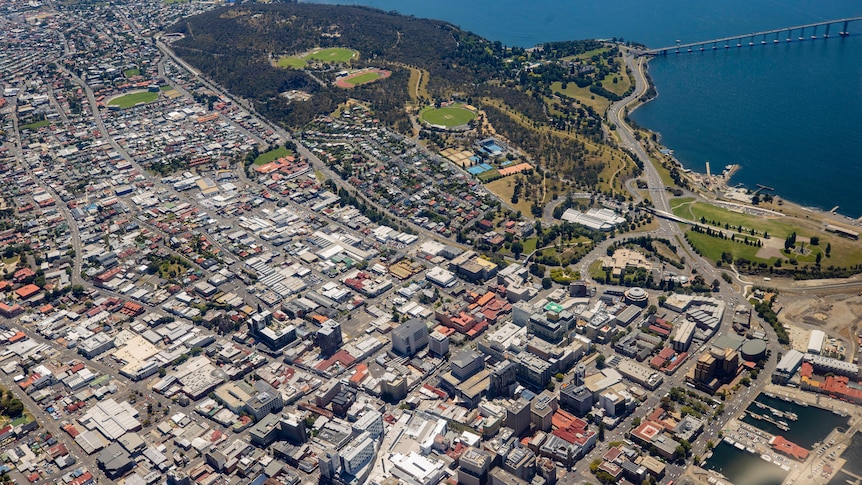Tasmanian Accommodation Levy Announcement
The debate surrounding whole-home short stay accommodation, like Airbnb, in Tasmania has been ongoing, with councils and opposition parties expressing concerns about its impact on rental supply and affordability.
In response to these concerns, the Tasmanian Liberals have proposed implementing a 5% levy on all short stay accommodation visits in the state. This levy would be paid by the visitor, not the property owner.
The revenue generated from this levy would be utilized to support a first home buyers program, specifically aimed at removing stamp duty for eligible young Tasmanians purchasing an existing house valued at up to $750,000.
This initiative mirrors a similar levy introduced by the Victorian government, where a 7.5% levy will be imposed starting in 2025, with the funds directed towards social and affordable housing initiatives.
Despite resistance in the past, the Tasmanian Liberals have decided to implement this levy, acknowledging that the short stay accommodation sector, including platforms like Airbnb and Stayz, plays a role in the state’s housing supply challenges.
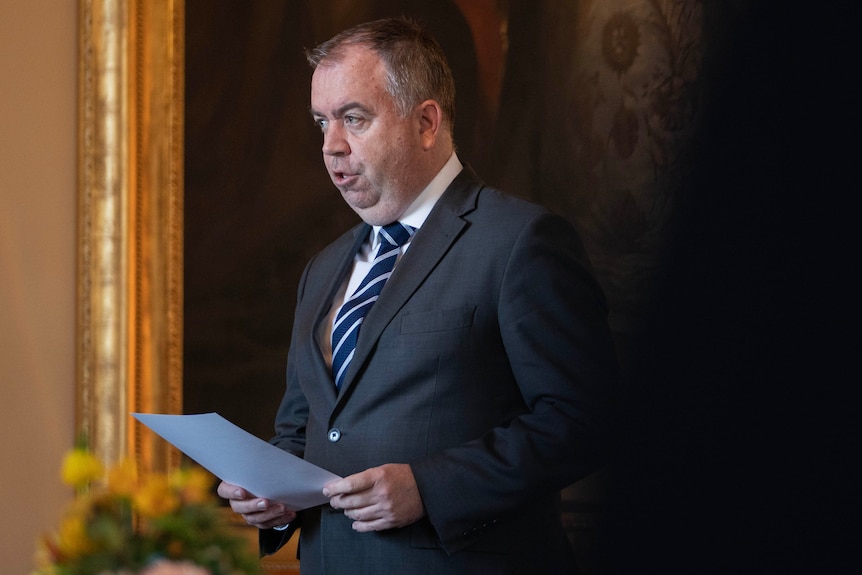
Liberal housing spokesperson Nic Street highlighted the intricate nature of housing supply issues, emphasizing the impact of short-stay accommodations on rental availability and affordability. He acknowledged the multifaceted aspects of housing affordability, including supply, interest rates, and population growth, along with the influence of short-stay accommodations. Street noted the reduction in long-stay rental availability and the subsequent rise in rents due to the increasing number of houses in the short-stay market. The proposed Tasmanian accommodation levy announcement would specifically target short-stay providers, excluding other accommodation types like hotels and pubs.
The consideration of new policies on short-stay providers in Tasmania in response to their effects on rental supply mirrors actions taken by Byron Shire Council in New South Wales, which implemented a 60-day holiday rental cap to discourage property owners from listing their properties for short stays. This move aimed to promote the listing of premium properties while reducing the financial incentive for short-stay listings. The policy has garnered interest from other NSW councils in tourism hotspots.
Tasmanian Labor has maintained a long-standing policy to halt the issuance of new permits for whole-property short-stay accommodations, without affecting existing permits. Tasmanian councils have persistently advocated for increased regulation on short-stay accommodations, despite government resistance. Hobart City Council’s efforts to prevent new whole-dwelling permits have been hindered by Tasmanian planning laws, leading to the introduction of differential rates as an alternative measure. While some regional Tasmanian councils are contemplating similar policies, Street clarified that the Liberal Party does not intend to implement caps or pauses in response to the Tasmanian accommodation levy announcement.
Tenants in disbelief over proposed conversion of terrace row
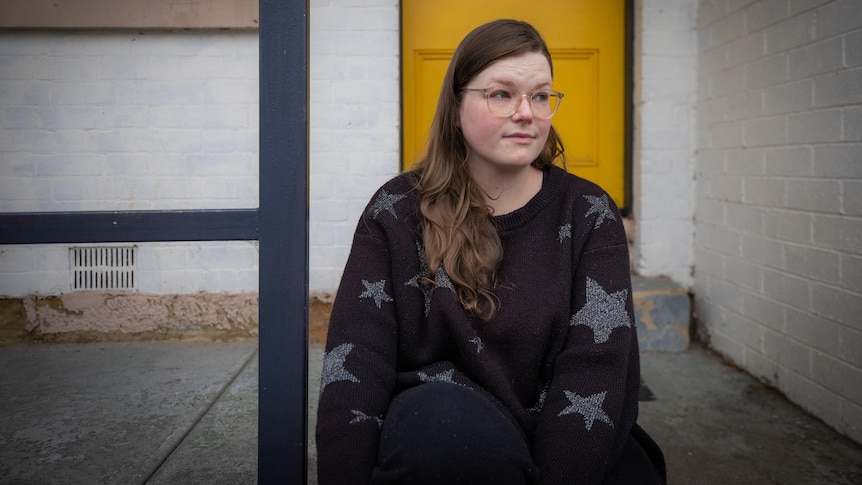
**Tasmanian Accommodation Levy Announcement**
The Liberal Party strongly advocates for Tasmanians’ rights to utilize their residences for short or long-term rentals without facing restrictive policies like arbitrary caps. Premier Jeremy Rockliff mentioned that the levy is anticipated to generate around $11 million annually, aiming to alleviate supply-related challenges. While Airbnb supports consumer levies, they suggest that these levies should be universally applied to all types of accommodations and limited to a range of 3 to 5 percent.
Short Stay Industry Expands Across Tasmania
In 2018, the Tasmanian Parliament discussed the possibility of halting new short stay accommodations in residential areas and granting councils the authority to refuse them.
However, instead of implementing a pause, the Tasmanian government passed a law mandating that owners of short stay properties must secure a permit if they intend to list an entire property that is not their primary residence.
This information is then made available on a quarterly basis.
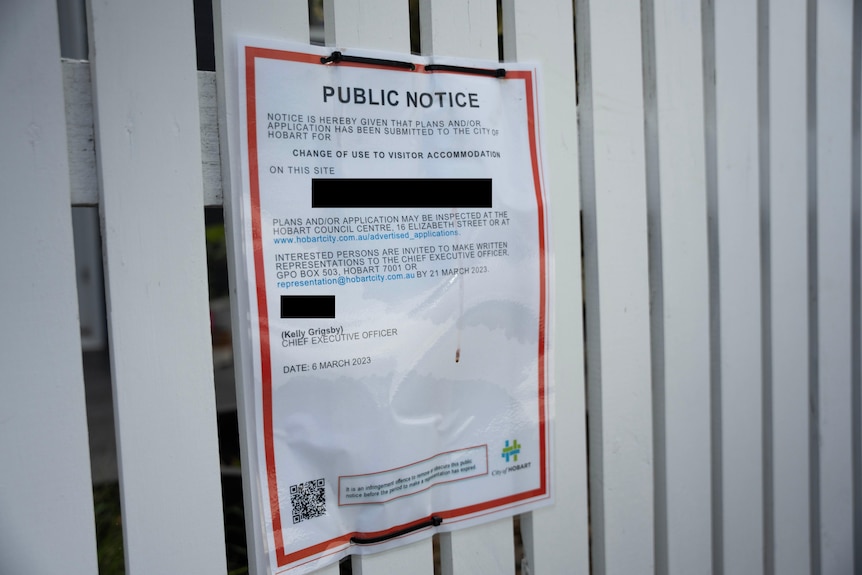
A Tasmanian accommodation levy announcement reveals plans to convert a group of units into short-stay accommodations in downtown Hobart. The information was shared in a public notice by ABC News reporter Maren Preuss.
Proposed Increase in Rates for Short-Stay Properties
Amid a housing crisis and soaring rents, a council is considering a significant change. The council is contemplating doubling rates for owners of short-stay accommodations. This move aims to address the impact of these properties during challenging times.
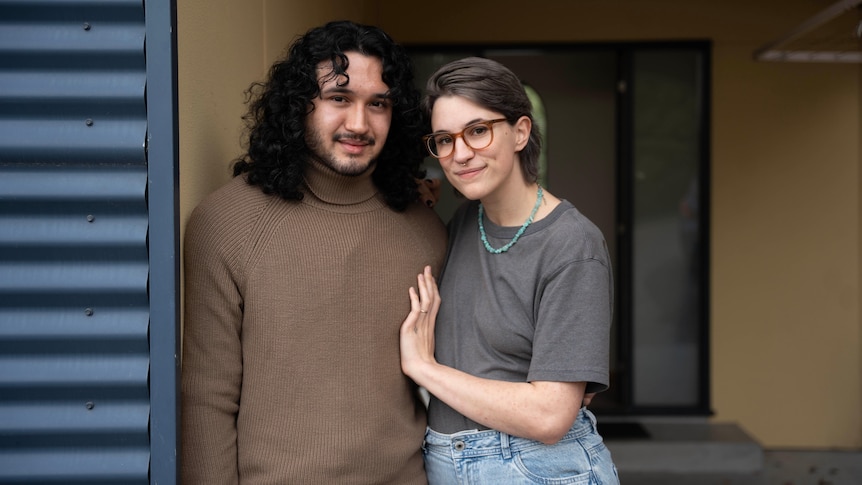
Tasmanian Accommodation Levy Announcement Impact on Short Stay Rentals
Recent data indicates a significant presence of whole-of-property short stays in various Tasmanian regions. Hobart City Council recorded 425 short stays, Glamorgan-Spring Bay had 403, and Launceston had 330. Break O’Day, an east coast council area, issued 227 permits for whole-of-property accommodations.
The east coast regions, encompassing popular townships, are facing challenges in meeting the demand for rental accommodations to support local businesses.
Short stay figures are based on proactive permit acquisition by owners, with limited compliance enforcement measures in place.
Since July, Hobart City Council has seen an increase of 52 whole-of-property short stays, adding up to 137 bedrooms. Notably, 10 out of 68 apartments in a newly-constructed CBD building are now part of the short stay market.
Please visit our site 60time.com for more information on Tasmanian accommodation trends.
